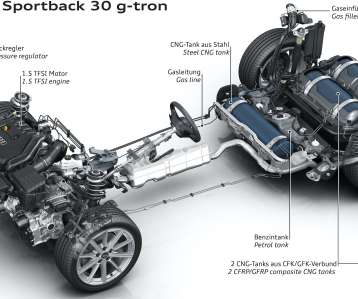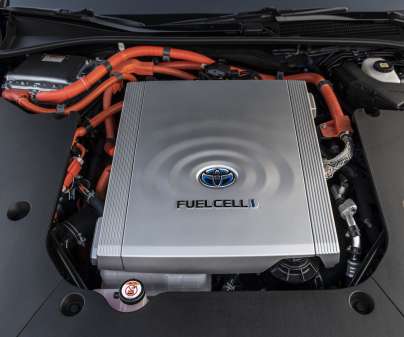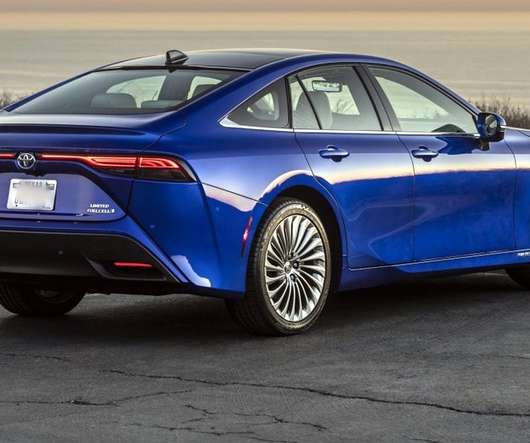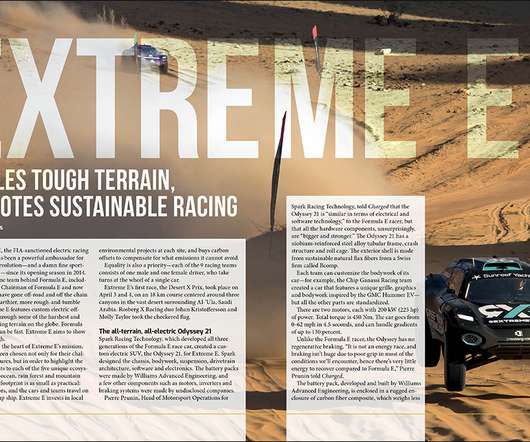DOE awards $1.2M to four vehicle and hydrogen projects under High Performance Computing for Materials (HPC4Mtls) Program
Green Car Congress
SEPTEMBER 27, 2018
An Advanced Meso-Scale Peridynamic Modeling Technology Using High Performance Computing for Cost-Effective Product Design and Testing of Carbon Fiber-Reinforced Polymer Composites in Light-Weight Vehicles – Ford Motor Company (Dearborn, MI) will improve the prediction of crash response of carbon composites in auto parts.
























Let's personalize your content